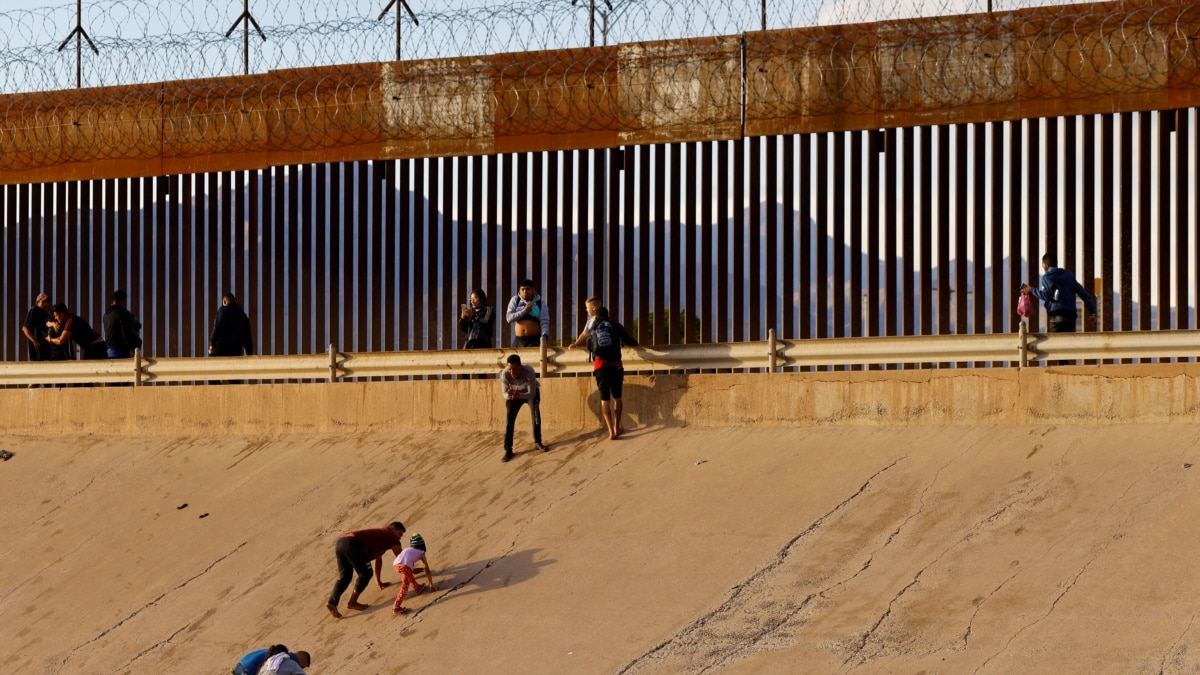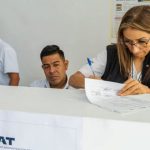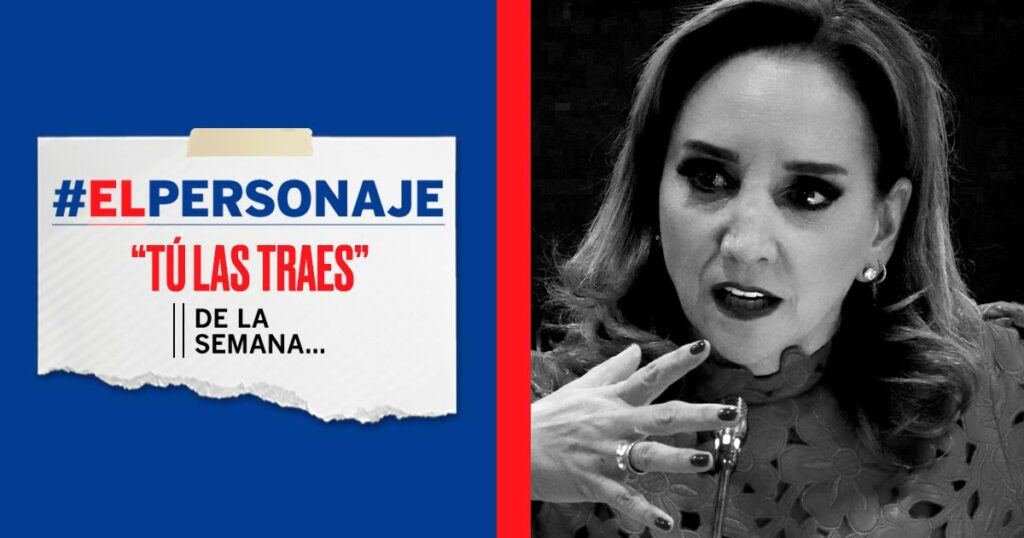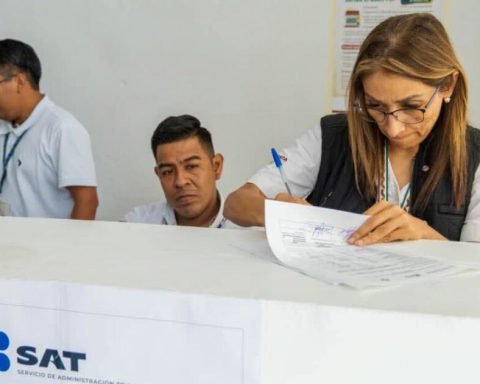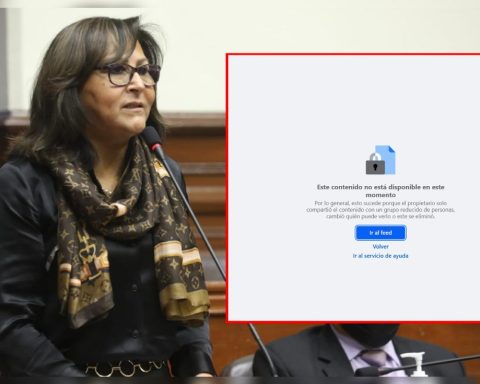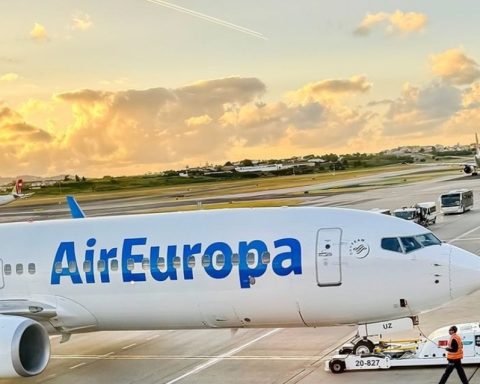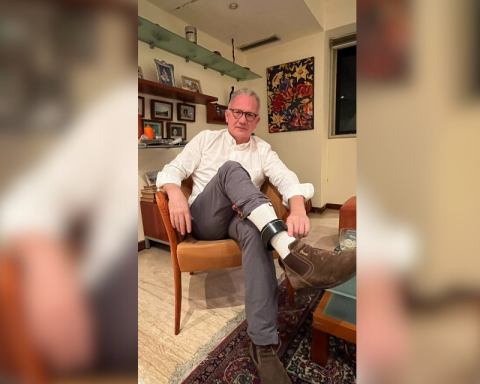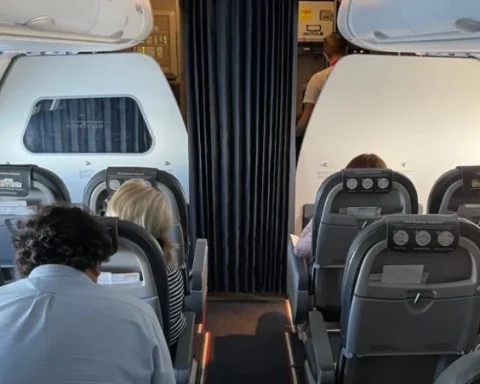The migratory crisis of Venezuelans that is registered on the southern border of the United States, after a new bilateral policy came into force that has pushed thousands back to Mexico, could expand to Nicaraguans, experts and analysts warn.
The new program applied by the administration of President Joe Biden establishes that Venezuelans be returned to Mexico under the Title 42a measure to prevent the spread of COVID-19 that establishes the expulsion of all people who cross irregularly into US territory, and that also applies to migrants from Guatemala, Honduras and El Salvador.
Blas Nuñez-Neto, in charge of border policy at the United States Department of Homeland Security, points out to the voice of america that this process at the moment is only for citizens of Venezuela and their families, but he warns that “we are going to be closely reviewing how this process works and if it works, and if it has the effect that we hope it will have, it could be expanded.”
Currently, Nicaraguans who arrive at the southern border of the United States will not be returned to Mexico, unlike what happens with Venezuelans as a result of the new humanitarian permit program, explains Aaron Reichlin-Melnick, policy director of the American Immigration Council ( AIC), a Washington DC-based organization that advocates for immigrants.
“We’re going to be looking very closely at how this process works and if it works, and has the effect that we hope it’s going to have, it could be expanded.”
“Nicaraguans are largely exempt from Title 42 because Nicaragua will not accept them and neither will Mexico (…) Since Title 42 began, technically it has been applied to Nicaraguans, but it is very important to understand that Title 42 can only function with the cooperation of foreign governments,” explained the lawyer.
According to Reichlin-Melnick, for a person to be removed from the United States under Title 42, there must be a country that is willing to accept the migrant. “The United States cannot unilaterally expel a Nicaraguan to Mexico, for example, without the permission of that government,” he added, detailing that by not having a country to send migrants to, an exemption is created based on geopolitical reality.
The migration policy expert added that the US government could implement a program for Nicaraguans similar to the humanitarian permit for Venezuelans. However, “it would only come along with a similar agreement with Mexico.”
“Today, a Nicaraguan migrant can cross the border. And because they are largely exempt from Title 42 due to these diplomatic, geopolitical and logistical reasons, Nicaraguan migrants crossing the border today are not expelled under Title 42 and are mostly released directly at the border or sent to ICE detention centers where they can apply for asylum if they want to,” Reichlin-Melnich concluded.
According to official data, the United States has become in 2022 the main destination for Nicaraguans fleeing the political crisis in the Central American country, replacing Costa Rica.
Between January and August of this year, the United States Customs and Border Protection Office has detained more than 108,000 Nicaraguans, according to official data.
While in Costa Rica – which was the main destination for Nicaraguans – refugee applicants on the same date totaled 54,465, according to data from Migration and Immigration.
They ask for a support program for Nicaraguans
The former Mexican ambassador to the US, Arturo Sarukhan, comments “it is not clear why Nicaraguans, who face many of the same factors that lead Venezuelans to migrate to the US-Mexico border, were finally excluded” from this new measure of the Biden administration.
“It may ultimately be a matter of sheer magnitude or it may relate to electoral politics in Florida and the growing Venezuelan diaspora there.”
The former Nicaraguan ambassador to the OAS, Arturo McFields, has advocated for a Temporary Protected Status (TPS) that would allow people who “flee from a regime of terror and violence” as he calls the administration of President Daniel Ortega to enter Nicaragua. United States no problem.
“When they come here to the United States, many Nicaraguans come to start from scratch. I believe that the situation of the Nicaraguans and of the three countries of dictatorships: Cuba, Nicaragua and Venezuela, should be taken into account. And in the case of Nicaragua, the situation is very particular”, he adds.
“I think that the situation of our migrants should be considered a lot and it would be unfortunate if a restrictive immigration measure were applied to Nicaraguans similar to the one that is being applied to Venezuelans. I have faith and hope that the current administration will treat Nicaraguans humanely, and that better alternatives will be sought,” concludes the former diplomat.
Connect with the Voice of America! Subscribe to our channel Youtube and turn on notifications, or follow us on social media: Facebook, Twitter and Instagram
